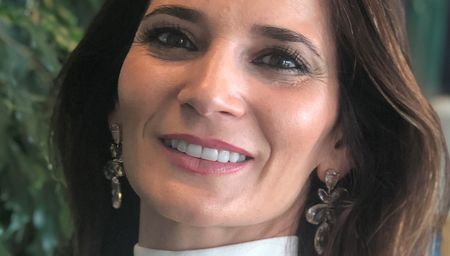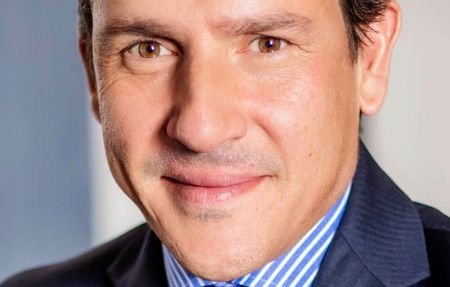Spreading the word

Grupo FerroAtlántica general counsel Clara Cerdán says in-house lawyers face a battle to convince their colleagues in other parts of the business about the value they bring – however, in-house legal departments reduce reputational risk and possess skills that technology will never be able to replicate, she argues
 The growing compliance requirements placed on businesses means that the role of in-house legal departments is becoming increasingly important, says Grupo FerroAtlántica general counsel Clara Cerdán (pictured). As a result, from a work perspective, general counsel are facing an increasing burden. However, Cerdán says that, while Grupo FerroAtlántica’s in-house legal department has more responsibilities, its budget has not increased. “This reality certainly makes performing our role much more complicated,” Cerdán says. “In my opinion, the fundamental reason is that most top management has not yet understood the leading role the legal function has in companies, but it’s only a matter of time.”
The growing compliance requirements placed on businesses means that the role of in-house legal departments is becoming increasingly important, says Grupo FerroAtlántica general counsel Clara Cerdán (pictured). As a result, from a work perspective, general counsel are facing an increasing burden. However, Cerdán says that, while Grupo FerroAtlántica’s in-house legal department has more responsibilities, its budget has not increased. “This reality certainly makes performing our role much more complicated,” Cerdán says. “In my opinion, the fundamental reason is that most top management has not yet understood the leading role the legal function has in companies, but it’s only a matter of time.”
Indeed, effectively communicating the value of the in-house legal department to other parts of the business is one of the biggest challenges general counsel face, according to Cerdán. “The main challenge is being able to transmit the enormous added value it [the legal department] brings to companies in reducing reputational and legal risks, and getting the top management to support it.”
MEETING NEW FIRMS
Though metallic product company Grupo FerroAtlántica has a panel of law firms it regularly instructs, the door is always open to other firms that want to pitch their services. And Cerdán, who leads a legal team consisting of four lawyers, is the person they have to impress. “I have a panel of firms that I usually work with, but I am always open to meet new firms to expand my panel,” Cerdán says. So, what qualities do law firms need to have a chance of winning work from Grupo FerroAtlántica? “I seek excellent value for money, professionalism, a good reputation and sometimes renown.”
A wide number of factors are considered when Grupo FerroAtlántica makes a decision about which law firms it is going to instruct, according to Cerdan. “There are objective criteria such as quality/price and specialisation, but also subjective criteria such as previous experience of having worked with the firm, reputation, renown and references,” she explains. Grupo FerroAtlántica’s preferred firms are: Uría Menéndez, Garrigues, Freshfields, Clifford Chance, Linklaters, PwC, Araoz & Rueda, Gold Abogados and Cravath, Swaine & Moore. Cerdan says that, while there are benefits in diversifying the range of external firms that are used, “it is inevitable to have preferred firms when the result of working with them has been extraordinary”.
BUILDING STRONG TEAMS
With regard to the in-house department at Gruppo FerroAtlántica, Cerdán is a firm believer in the importance of strong teams. “The success of our work lies in founding it on values basic as coherence, companionship, generosity and professionalism – working with people who are happy working generates a multiplier effect in companies and this generates a magical atmosphere,” she says. Cerdán adds that the in-house team at Grupo FerroAtlántica handles most of the “legal issues of the day to day of the business” – this includes corporate governance, M&A projects, litigation that is “not especially tedious” and data protection. However, in certain circumstances, the legal team is thankful that it is able to rely on the support of external law firms. “We usually outsource M&A projects and litigation that is particularly tedious or requires a large number of lawyers,” says Cerdán. “We also rely on law firms to coordinate all trademarks and patents, as well as for specific local and US regulatory law advice. ”Cerdán says she is permanently evaluating the performance of the external firms she uses. “As I work with the firms during the execution of the project until its completion, the evaluation [of their performance] has to be carried out every day, every time we interact with a firm, we have to evaluate their professionalism,” she explains. Cerdán continues: “I have always believed that every day we have to examine ourselves to improve and we are also examiners of the people we work with.”
To read the article in full please download issue N.88 here












